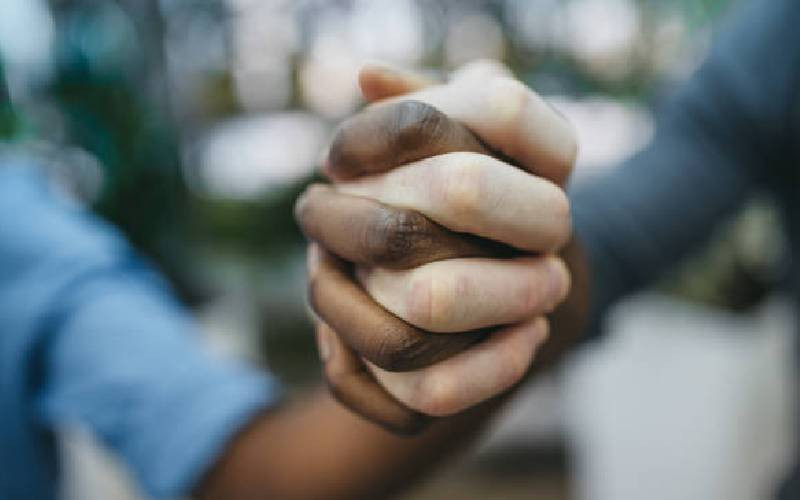
On March 21, 1960, dozens of unarmed people peacefully protesting the infamous "pass law", which violated the dignity of black women and men, were murdered by police in South Africa. The reaction to the massacre was one of the catalysts for the international human rights protection system that we know today.
In 1965, the International Convention on the Elimination of All Forms of Racial Discrimination was approved, the first human rights treaty with an independent supervisory body. In 1979, the UN General Assembly passed a resolution that declared March 21 as the International Day for the Elimination of Racial Discrimination.